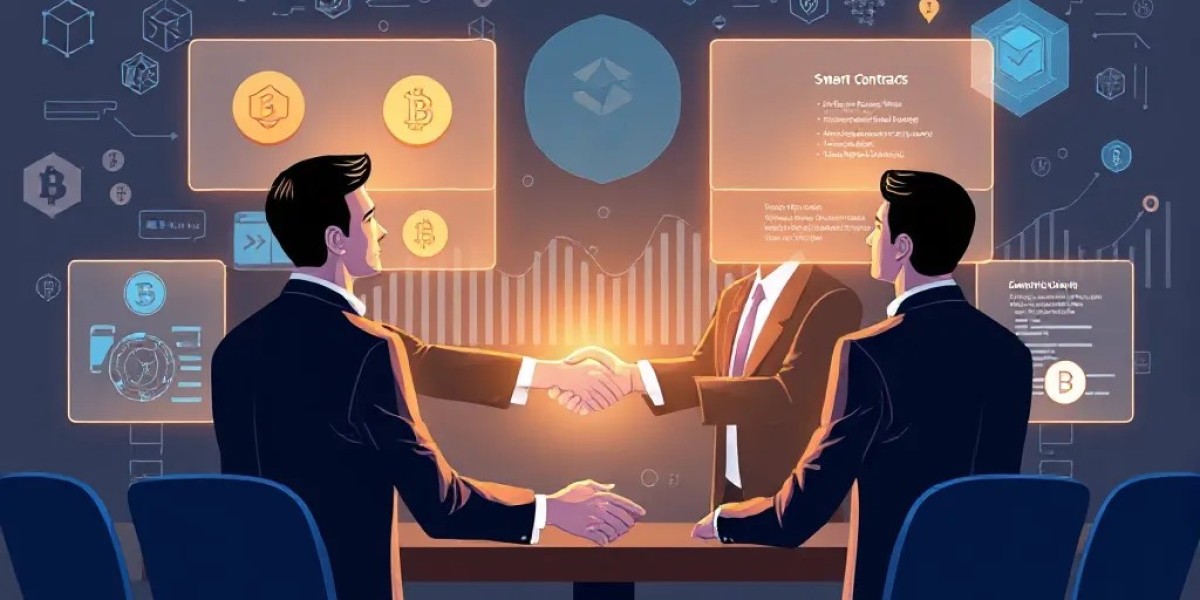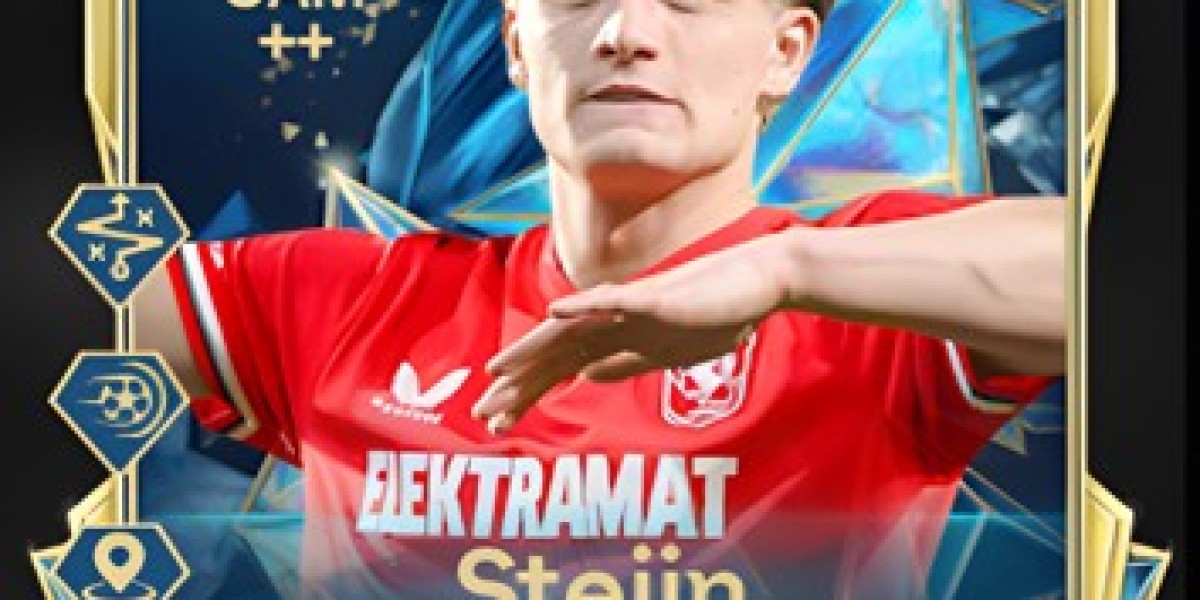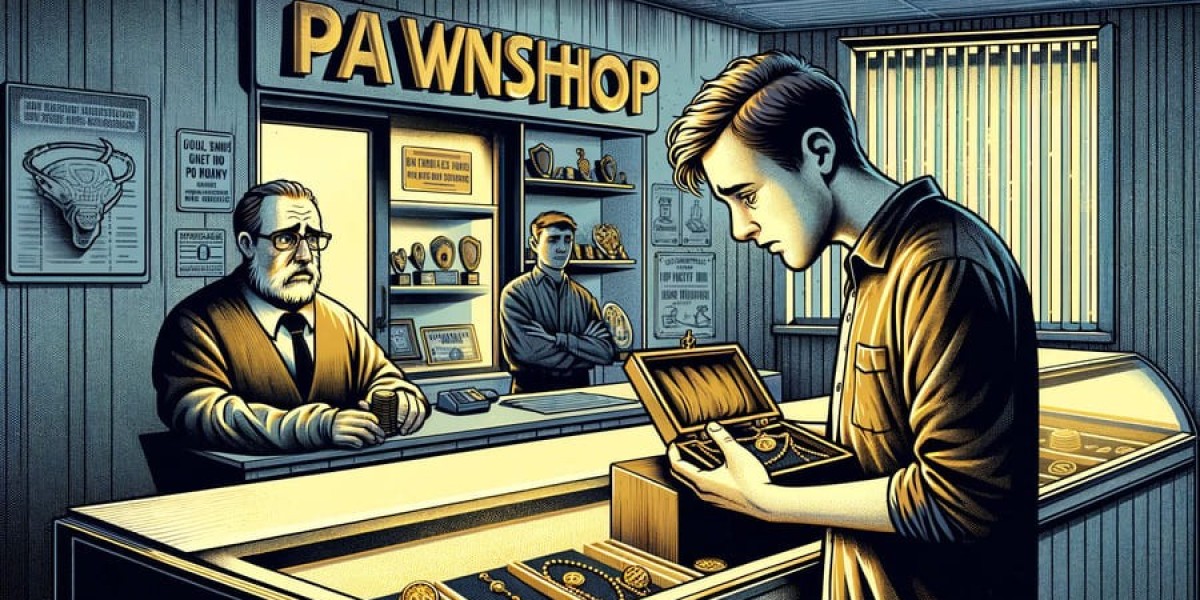The tokenization of assets—whether digital or physical—is transforming the way value is created, distributed, and transacted in the digital economy. With applications ranging from cryptocurrencies and NFTs to tokenized real estate and supply chain assets, the demand for reliable token development is soaring. However, launching a successful token project is far more complex than writing a smart contract. It requires technical mastery, regulatory awareness, strategic foresight, and secure, scalable infrastructure. At the heart of this intricate journey lies a critical decision: choosing the right token development partner.
A misstep in this decision can lead to security vulnerabilities, project delays, or outright failure—problems that have plagued countless ventures. In this guide, we delve deeply into what businesses, startups, and founders need to know to select the ideal development partner for token creation.
1. Understanding the Role of a Token Development Partner
A token development partner is not merely a coding service provider—they are a strategic technology ally. The right partner doesn’t just execute your vision; they help refine it, enhance it, and bring it to life in compliance with technical, economic, and legal standards.
Key responsibilities typically include:
Designing the token architecture (fungible, non-fungible, utility, security, governance)
Writing and auditing smart contracts
Integrating tokenomics and use cases
Deploying tokens on appropriate blockchains (Ethereum, Solana, Polygon, BNB Chain, etc.)
Ensuring regulatory compliance (especially for security tokens)
Supporting wallet integration, marketplace listing, and exchange compatibility
Hence, choosing a partner is as strategic as choosing a co-founder in some cases.
2. Core Qualities to Look for in a Development Partner
a. Technical Expertise and Blockchain Specialization
Technical competence is the non-negotiable foundation. The partner should demonstrate:
Proficiency in smart contract languages like Solidity (Ethereum), Rust (Solana), Vyper, and others.
Experience with token standards such as ERC-20, ERC-721, ERC-1155, BEP-20, and their custom variants.
Blockchain agnosticism – the ability to deploy tokens across multiple chains based on use-case fit.
Security-first mindset – exemplified by a history of secure contract deployments and vulnerability management.
Example: Leading firms like ConsenSys have helped launch thousands of tokens by building on Ethereum’s token standards, showcasing deep expertise.
b. Proven Track Record and Portfolio
An experienced development company should have:
A documented portfolio of past token development projects
Case studies or testimonials showing performance and outcomes
GitHub or code samples that reflect clean, maintainable, and secure coding practices
Don’t hesitate to ask about the success metrics of their past tokens: market cap reached, listing on exchanges, community size, etc.
c. Regulatory and Compliance Awareness
Tokens, especially those classified as securities, are under increasing regulatory scrutiny. Your partner must have a firm grasp of:
SEC, MiCA, and other jurisdictional regulations
KYC/AML integration
Token classification frameworks like the Howey Test or Swiss FINMA guidelines
Case in Point: In 2020, Telegram was forced to halt its TON token sale after regulatory pushback from the SEC—highlighting how non-compliance can dismantle even major projects.
d. Strategic and Business Alignment
A great partner will challenge, question, and improve your vision. They may offer:
Tokenomics consulting
Business model validation
User experience design for dApps or wallets
Go-to-market strategies
They should understand both the technical and economic dimensions of token utility.
3. The Evaluation Process: From Discovery to Decision
Choosing the right partner is not a one-step process; it involves rigorous evaluation and due diligence.
a. Discovery Call and Requirements Gathering
Use this phase to assess soft skills as well as hard skills:
Are they listening to your vision or pitching a boilerplate solution?
Are they transparent about timelines, limitations, and dependencies?
Do they ask thoughtful questions about your use case?
A good partner will act more like a consultant than a vendor in these early talks.
b. Proposal and Technical Specification Review
Request a detailed proposal including:
Project roadmap and milestones
Technology stack
Estimated costs and contingency buffers
Maintenance and post-launch support
Compare proposals from multiple providers for feasibility and red flags (e.g., underquoting to win contracts).
c. Code Quality and Security Standards
Ask about their:
Audit processes – in-house vs third-party (e.g., CertiK, Hacken)
Bug bounty programs – or formal verification techniques
Handling of upgradable contracts and proxy patterns
If security isn’t emphasized, that’s a clear dealbreaker.
4. Pitfalls to Avoid When Choosing a Development Partner
Some common mistakes include:
Choosing based on cost alone: Low-cost providers often cut corners on testing, audits, or code scalability.
Overlooking scalability: Your token might succeed and need to handle millions of transactions. Poor initial architecture can be costly to fix later.
Ignoring governance and upgradability: If your partner doesn’t plan for DAO implementation or contract upgrades, that’s short-sighted.
Lack of cultural or time-zone compatibility: Poor communication leads to missed deadlines and project drift.
5. Red Flags to Watch Out For
Be vigilant about:
No transparency: Hesitation to share previous projects or provide code samples
Lack of documentation: If the partner doesn’t emphasize robust documentation, your team will struggle to maintain the system later
Buzzword overuse: Throwing around terms like “Web3,” “Metaverse,” or “AI” without concrete relevance
One-size-fits-all approach: Offering the same token structure to vastly different business models
6. Real-World Example: Choosing Wisely vs. Choosing Poorly
Successful Case: Chiliz ($CHZ)
Chiliz partnered with seasoned blockchain developers to build a token ecosystem for sports fan engagement. They created a custom sidechain (Socios) for efficient microtransactions and built robust compliance features, securing multiple exchange listings and partnerships with top football clubs.
Failure Case: Centra Tech
Centra raised over $25M through its token offering but lacked a legitimate technology partner and made false claims about partnerships (like with Visa). The founders were eventually arrested for fraud. A qualified development partner might have mitigated the legal and technical flaws early.
7. Questions You Should Ask Before Signing the Contract
Can you show examples of tokens you’ve launched that are live today?
How do you handle contract auditing and what third-party firms have you worked with?
Do you assist with tokenomics or only technical development?
What is your contingency plan for project delays or blockchain updates?
Will you provide ongoing support post-deployment?
8. Cost Considerations and Value for Money
Token development costs vary significantly:
| Development Scope | Estimated Cost (USD) |
|---|---|
| Basic ERC-20 Token | $2,000 – $7,000 |
| Custom Token Ecosystem | $10,000 – $100,000+ |
| Security Token Platform | $100,000 – $500,000+ |
Remember: You’re not just paying for code—you’re investing in future-proofing your project.
9. The Importance of Long-Term Collaboration
Your token journey doesn’t end at launch. It involves:
Version upgrades
Security patches
DAO governance setup
User growth initiatives
Partners who offer ongoing development, community support, and performance monitoring become invaluable over time. Building a token ecosystem is not a one-off project—it’s a living product that evolves.
Conclusion: Make Your Choice Count
In a rapidly evolving blockchain landscape, choosing the right token development partner can define the success or failure of your venture. This decision should be driven by more than price or speed—it requires a strategic view of your project's long-term goals, technical robustness, and compliance needs. By focusing on expertise, track record, regulatory alignment, and collaborative mindset, you position your token for sustainable growth and market adoption. Whether you're launching a utility token for your startup or building the next decentralized protocol, make your partner choice a cornerstone of your project's foundation—not an afterthought.













